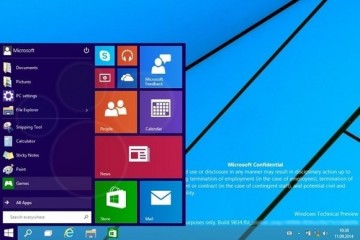 Software King of the World, Microsoft, seems to be having issues getting its Windows 11 onto computers — with even Windows 7 and XP being on more seats.
Software King of the World, Microsoft, seems to be having issues getting its Windows 11 onto computers — with even Windows 7 and XP being on more seats.
Part of the problem is that less than half of business PCs are capable of running the latest Microsoft Windows operating system (OS), according to a Lansweeper audit.
In a scan of 30 million Windows devices across 60,000 enterprises, Lansweeper found that 44.4 percent were Windows 11-ready, while 55.6 percent were not.
The results also showed that the number of machines running end-of-life operating systems had fallen to 6.6 percent, compared with 9.75 percent in January 2022.
A significant portion of these were running Windows XP (1.71 percent) and Windows 7 (4.7 percent).
While most (91 percent) PCs have enough memory to run Windows 11, Lansweeper found that only half of the workstations had trusted platform modules (TPMs) that met the requirements for the operating system. Over 19 percent failed and 28 percent of the workstations audited were not TPM compatible or did not have the function enabled.
Lansweeper’s audit showed that two-thirds (66.4 percent) of devices had enough installed RAM to meet the system specifications for running virtualisation on Windows 11. When Lansweeper checked the TPM support in virtual machines, however, it found that only 0.23 percent of virtual workstations had TPM 2.0 enabled.
Roel Decneut, chief strategy officer at Lansweeper said: “Although the rate of adoption is increasing bit by bit, it’s obvious that Windows 11 upgrades aren’t going as fast as Microsoft had hoped, especially within the business environment. Many organisations have been put off from having to buy new machines that meet these conditions, while others are simply happy with the current existence of Windows 10 which continues to be supported until 2025. This situation will likely continue in the future unless businesses are given a compelling reason to upgrade.”





